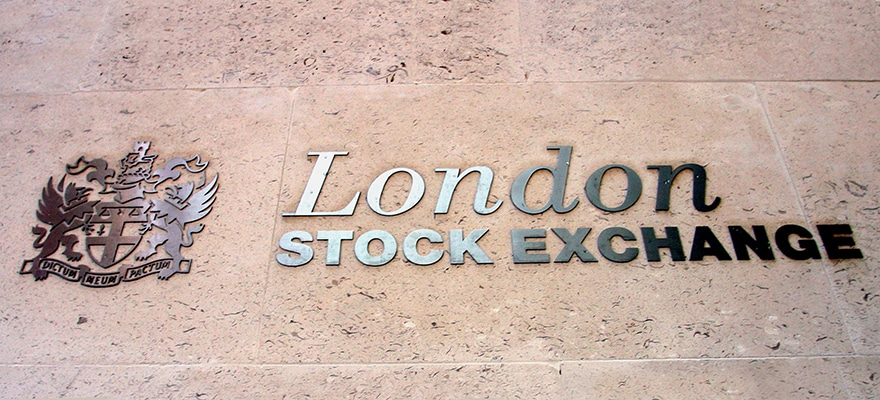The London Stock Exchange Group (LSEG) has reported its second quarter financials, covering the past six months ending June 30, 2016 – amidst these statistics is an ongoing merger with Deutsche Börse, which has weighed on the exchange group given the lingering state of uncertainty emanating from select shareholders.
In terms of financials, LSEG’s revenue for H1 2016 was reported at $959.4 million (£721.9 million), up 9.0% YoY from $881.2 million (£663.0 million) in H1 2015. Reinforcing this climb has been a steady growth in LSEG’s core business segments, with healthy quarterly growth results across its capital markets and at LCH.
Moreover, LSEG’s adjusted operating profit also saw a growth in H1 2016, yielding a figure of $443.0 million (£333.3 million) – this justified a move of 9.0% YoY from $406.4 million (£305.7 million) back in H1 2015.
Declining Profits
Controlling for investments that were tied to growth opportunities, as well as general operating expenses, LSEG’s operating profit did experience a slight downtick however. For H1 2016, the group saw a figure of $264.5 million (£199.0 million), down -5.4% YoY from $279.8 million (£210.5 million) in H1 2015.
The LSEG’s profit after tax also came in at $152.2 million (£114.5 million), which again was unable to summit its 2015 counterpart. More specifically, this was quantified at a loss of -12.5% YoY from $173.8 million (£130.8 million) in H1 2015. This waning figure was the result of non-recurring merger related expenses, as well as tax effects associated with its Russell IM sale – nearly $21.1 million (£15.9 million).
Merger In Focus
The primary emphasis at LSEG presently is an , whose resolution has been compounded by the Brexit referendum fallout back in late June. As such, there appear to be headwinds from shareholders of Deutsche Börse, which have been much more reluctant to approve the merger deal with the London Stock Exchange (LSE). A previous special amendment only required the approval of 60% of shareholders instead of the original 75%, and the deal is finally looking to take shape.
Moving forward, the $27 billion merger could also face opposition by some German politicians. This includes the more difficult aspect of the deal that requires anti-trust approval from the European Union authorities, German financial regulator BaFin and the United Kingdom’s Financial Conduct Authority (FCA). To date, Portuguese and Belgian authorities have been pressuring European anti-trust authorities to scrap the deal.





Be First to Comment